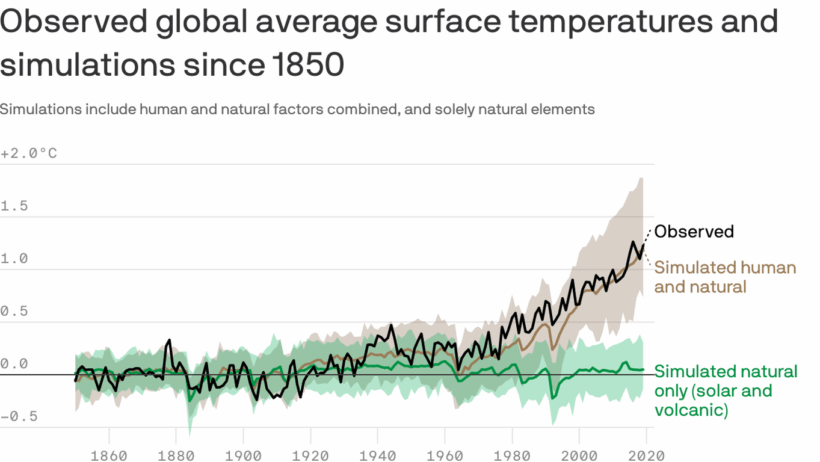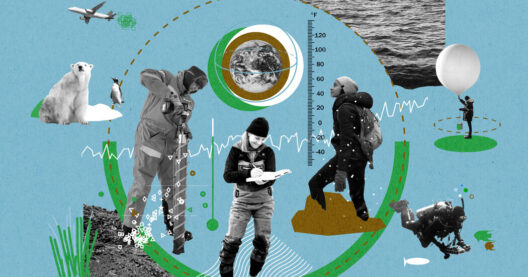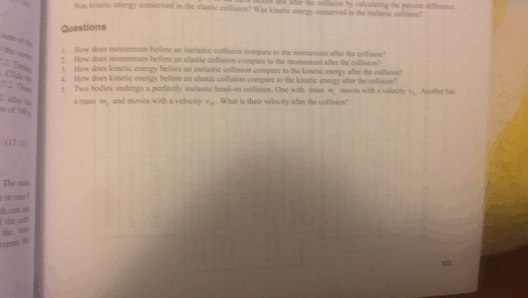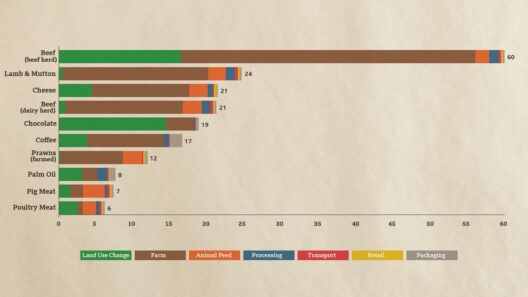As we traverse the indelible path of climate change, one cannot help but ponder: just how are humans exacerbating global warming? The query is not merely rhetorical; it encapsulates a profound challenge that requires urgent elucidation. Humanity’s activities, spanning various sectors, contribute significantly to the accumulation of greenhouse gases in the atmosphere, a hallmark driver of global warming. Let’s delve into the multifaceted impact of human endeavors on our planet’s climate.
At the forefront of this discourse is the reliance on fossil fuels. The combustion of coal, oil, and natural gas for energy and transportation has become ubiquitous. When burned, these fossil fuels release substantial amounts of carbon dioxide (CO2), a predominant greenhouse gas. In fact, the energy sector alone is responsible for over 70% of global CO2 emissions. This transition from renewable resources to fossil fuels has been detrimental, fostering a relentless increase in atmospheric CO2 levels.
Moreover, the transportation industry plays a pivotal role in this surge. Vehicles powered by internal combustion engines emit not only carbon dioxide but also nitrogen oxides and particulate matter. With an ever-growing population and increasing urbanization, the number of vehicles on the roads has skyrocketed. This trend not only worsens air quality but also contributes significantly to climate change, leading one to question: are we willing to trade convenience for the sustainability of our planet?
Another prominent factor is industrial activity. Industries that produce goods ranging from textiles to electronics utilize vast amounts of energy, often derived from fossil fuels. The manufacturing processes release both CO2 and other greenhouse gases like methane and nitrous oxide, further augmenting the greenhouse effect. This poses a challenge. Can we find alternatives that benefit both economic development and environmental responsibility? Innovations in cleaner technologies are indeed a potential solution, yet the transition remains sluggish.
Agriculture, too, merits scrutiny in this context. Land-use changes for agricultural expansion contribute to deforestation. Forests serve as critical carbon sinks, absorbing CO2 from the atmosphere. The loss of these vital ecosystems results in higher concentrations of CO2, amplifying the greenhouse effect. Furthermore, agricultural practices, including the use of fertilizers, release nitrous oxide, another potent greenhouse gas. Ponder this: as we strive for food security, how can we simultaneously safeguard our environment?
It’s imperative to discuss waste management, where humans continue to have a detrimental impact. Landfills emit methane as organic waste decomposes anaerobically. Although efforts have been made to mitigate these emissions, the rise of consumer culture and single-use plastics leads to unparalleled waste production. Consequently, this puts additional pressure on our ecosystems. Can we redefine our consumerism to align with ecological stewardship?
Deforestation and habitat destruction further exacerbate the climate conundrum. As natural habitats are cleared for timber or to make way for agriculture, not only does carbon stored in trees become released into the atmosphere, but biodiversity also suffers. The relationship between climate change and biodiversity loss is intricate; diminished ecosystems are less resilient to climate fluctuations, creating a feedback loop that compounds the issue. It raises an important question: how do we balance development with the need to preserve our natural heritage?
The role of urbanization cannot be overlooked either. Rapid urban expansion often leads to increased energy consumption and higher emissions. Cities, while being the engines of economic growth, also generate a disproportionate amount of greenhouse gas emissions. Urban planning can either mitigate or worsen this situation. Can we envision smart cities that harness technology to reduce their carbon footprint while enhancing the quality of life for their residents?
Education and awareness are crucial in addressing the issues of global warming. As the populace becomes better informed about their carbon footprints – the sum total of greenhouse gas emissions directly incurred by an individual, organization, event, or product – they can make more conscientious decisions regarding their lifestyles. Grassroots movements, often powered by passionate individuals advocating for environmental change, can lead to significant transformations at both local and global levels. Is there an opportunity for each of us to influence these movements positively?
As we navigate through these human-induced challenges, it is vital to recognize the solutions at our disposal. Transitioning to renewable energy sources, such as solar and wind power, holds great promise for mitigating climate change. Implementing energy efficiency measures, improving public transportation, and fostering sustainable agricultural practices can significantly reduce greenhouse gas emissions. Furthermore, worldwide collaborations, such as the Paris Agreement, exemplify the collective effort needed to address this imminent crisis. Yet, are we ready to embrace the fundamental changes required to truly make a difference?
In conclusion, the path forward must involve a collective acknowledgment of our role in perpetuating global warming and a concerted effort to adopt sustainable practices. The challenges are indeed daunting, but they are not insurmountable. Society must strive for a paradigm shift that intertwines environmental responsibility with economic and social growth. The future of our planet hangs in the balance, urging us to reconsider our actions and embrace a sustainable ethos for the generations to come.







